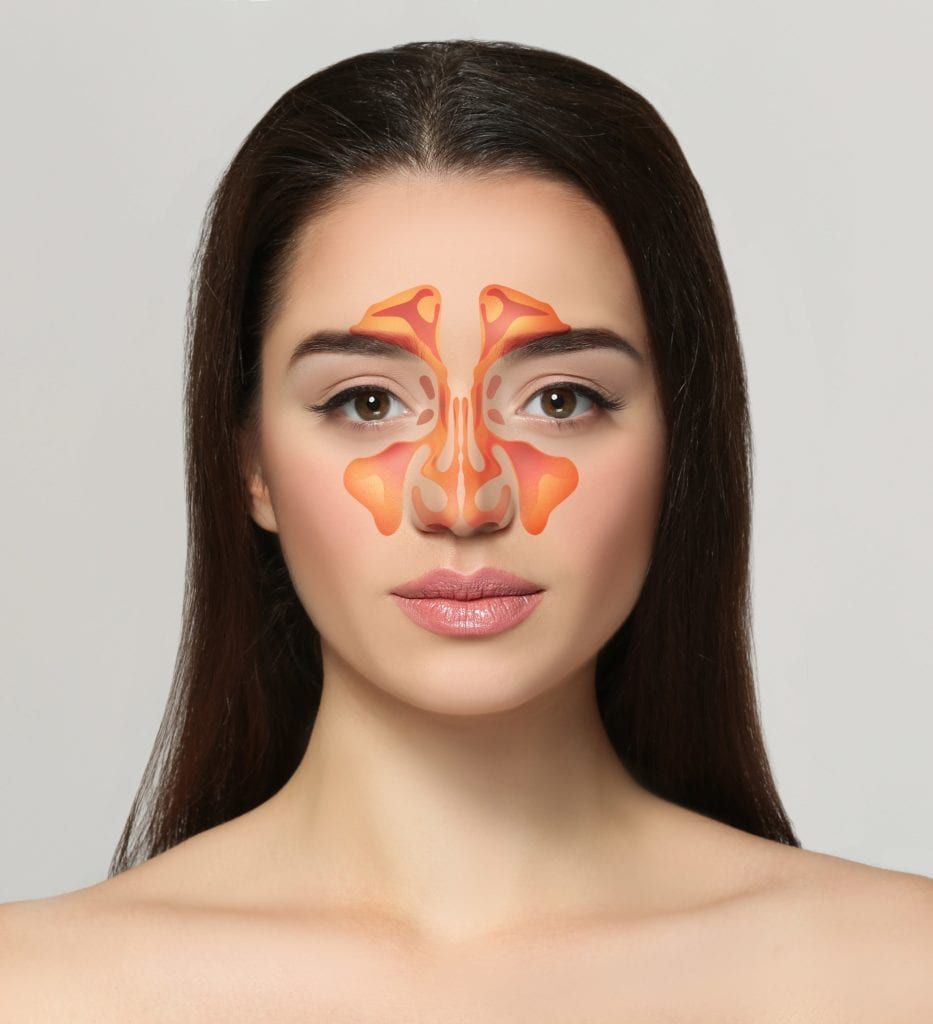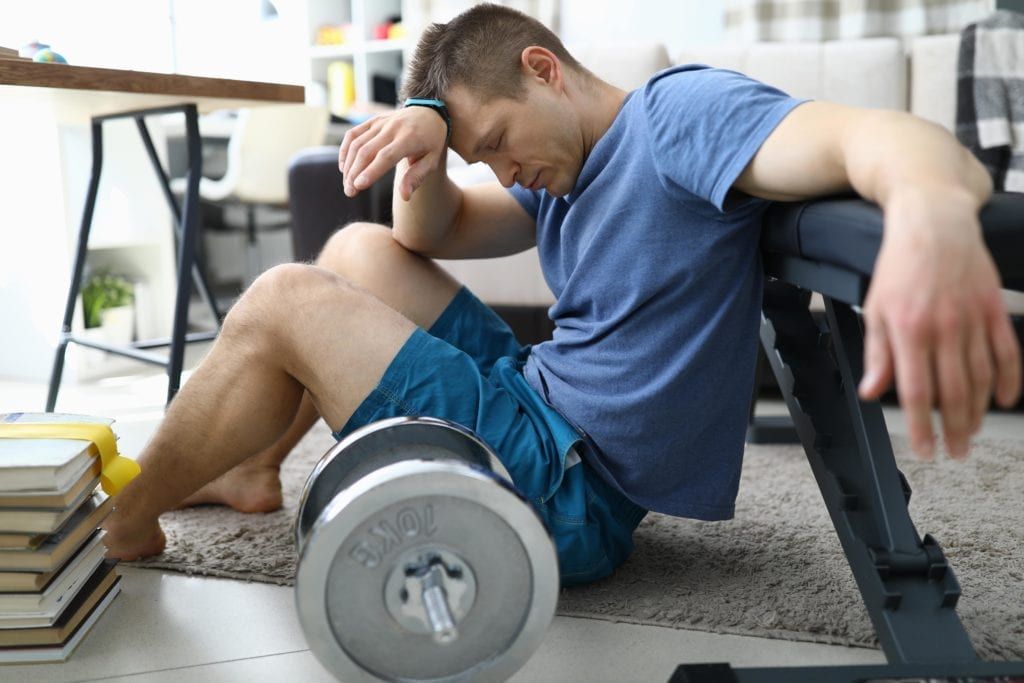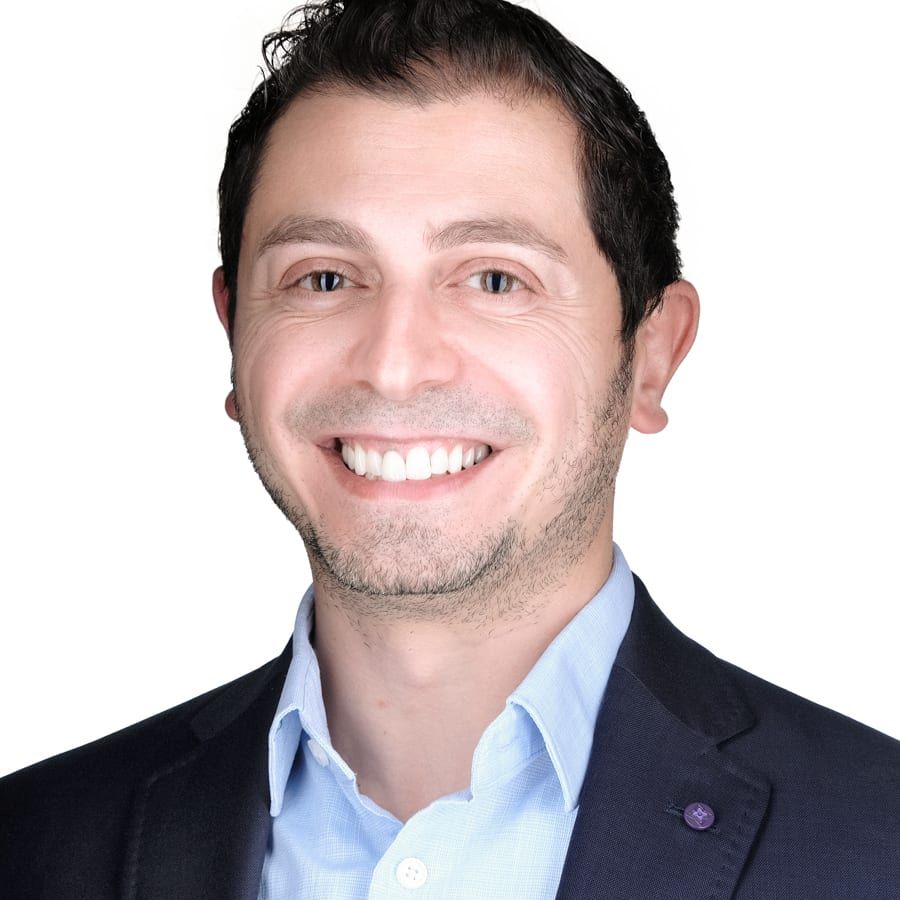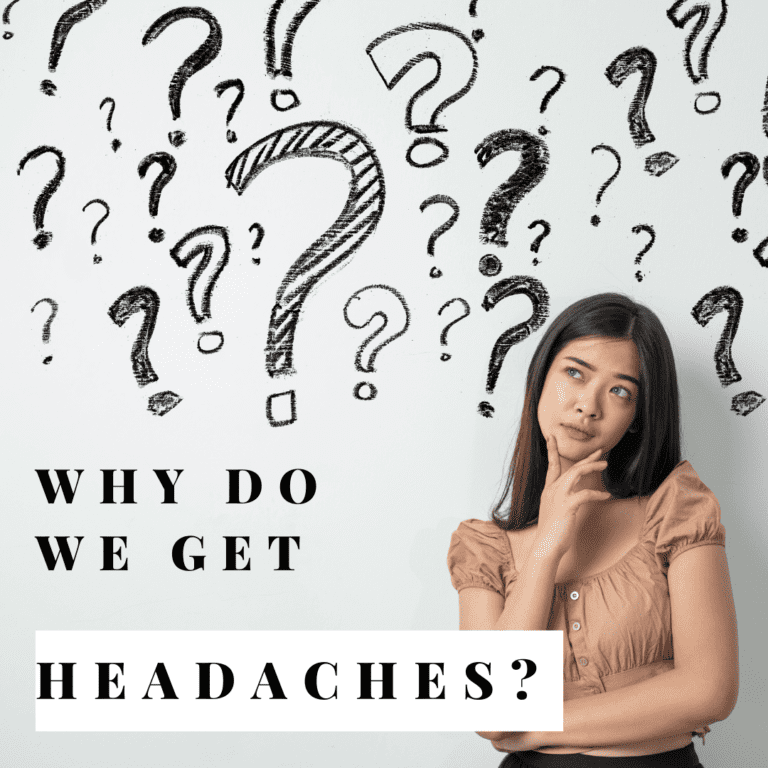We all get headaches from time to time, and some of us experience more frequent and severe headaches than others. But, have you ever wondered just why we get headaches in the first place? First of all, there are different types of headaches and some of these different types are caused by different things. Learning to recognize the type of headache you have, as well as how it is caused, can help you to take preventative steps. With that being said, let’s take a look at some of the most common types of headaches and why they occur.
Tension Headaches
Tension headaches are characterized by mild to moderate pain that feels like a tight band around your head. Out of all the various types of headaches, tension headaches are the most common. One common cause of a tension headache is tight muscles in the shoulder and neck caused by stress. Oftentimes, the pain caused by tension in these muscles is referred to the head.
Cluster Headaches
Cluster headaches are characterized by intense pain around one side of your head, usually around one eye. They are called cluster headaches because several headaches often occur within a cluster period. Since the majority of cluster headaches occur during the spring and fall seasons, neurologists believe that they are caused by environmental factors such as bright light, smoke, humidity, strong smells, or cold weather.

Allergy or Sinus Headaches
Like their name suggests, this type of headache is directly caused by allergies or sinus pressure. As such, they are characterized by pain in the front of your head and around the sinuses. When you have a sinus headache, the best way to relieve the pain is to use medications that thin out the mucus responsible for causing sinus pressure.
Hormone Headaches
In women, some types of headaches are caused by changes in hormone levels from things like menstruation, birth control pills, and pregnancy. In some cases, these hormone headaches are also known as menstrual migraines, especially if they occur regularly with the menstrual cycle. The best way to alleviate hormonal headaches is through over the counter pain medications.
Exertion Headaches

Headaches that occur soon after periods of intense physical activity are known as exertion headaches. They are thought to be caused by blood rushing to the skull, which can make you feel a throbbing sensation on both sides of your head. Most exertion headaches tend to fade relatively quickly in a manner of minutes, however some can last a few hours. While the occasional exertion headache isn’t much of a concern, regular exertion headaches could indicate an underlying medical condition.
Hypertension Headaches
Hypertension headaches occur when your blood pressure has risen to a dangerously high level. They are characterized by a pulsating sensation on both sides of the head that gets worse with any type of activity. Hypertension headaches may also be accompanied by vision changes, numbness or tingling, nosebleeds, chest pain, or shortness of breath. Call your doctor immediately if you believe you are experiencing a hypertension headache.
Post-Traumatic Headaches
Post-traumatic headaches occur after any type of head injury and are characterized by feelings similar to a tension headache or migraine. In most cases, these headaches last around 6-12 months after the injury. Since they have the potential to become chronic, your neurologist will likely recommend prescription medication to relieve the pain.

Dr. Kashouty, a diplomate of the American Board of Psychiatry and Neurology (ABPN), practices general neurology with fellowship trained specialization in clinical neurophysiology. Dr. Kashouty finds the form and function of the nerves and muscles the most interesting part of neurology, which is what led him to specialize in neurophysiology with more emphasis on neuromuscular conditions. He treats all neurological diseases, but his main focus is to treat and manage headaches, movement disorders and neuromuscular diseases.




